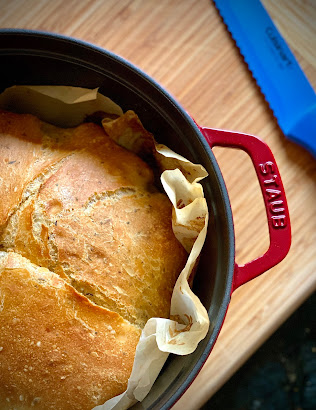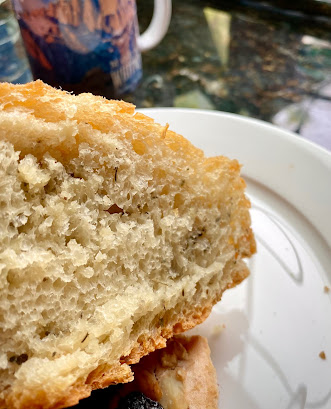“It’s the first
time I see that we have a choice: to pay attention to what we’ve lost or to pay
attention to what we still have.” - p38
“Just
remember,” she says, “no one can take away from you what you’ve put in your
mind.”
"All your
ecstasy in life is going to come from the inside." - p16
"We are
hungry for approval, attention, affection." - p7
Human's need:
approval, affection, attention - page 173
"Suffering
is universal, victimhood is optional." - p7
"Only I
can do what I can do the way I can do it." - page 173
"... in
what ways does the trauma [negative experience] itself give people an
opportunity for positive growth and changes?" - page 174
"You can’t change what happened, you can’t change what you did or what was done to you. But you can choose how you live now. My precious, you can choose to be free."
"We had no
control over the most consuming facts of our lives, but we had the power to
determine how we experience life after trauma [my past]" - page 175
"A good
definition of being a victim is when you keep the focus outside yourself, when
you look outside yourself for someone to blame for your present circumstances,
or to determine your purpose, fate, or worth." - page 204
“We cannot choose to have a life free of hurt. But we can choose to be free, to escape the past, no matter what befalls us, and to embrace the possible.”
“Our marriage has taught me that -- all the times when my anger or frustration at Bela has taken my attention away from my own work and growth, the times when blaming him for my unhappiness was easier than taking responsibility for myself.” -- page 204
"I can
castigate myself for having made the wrong choice... Or I can accept that the
more important choice is not the one I made (then...) but the one I make now.
The choice to accept myself as I am: human, imperfect. ... To forgive my flaws
and reclaim my innocence. To commit myself to serve others, to do everything in
my power to honor my parents, to see to it that they did not die in vain. To do
my best, in my limited capacity, so future generations don't experience what I
did. To be useful, to be used up, to survive and thrive so I can use every
moment to make the world a better place. And to finally, finally stop running
from the past. To do everything possible to redeem it, and then let it go. I
can make the choice that all of us can make. I can't ever change the past. But
there is a life I can save: it is mine. The one I am living right now, this
precious moment." - page 232
"... purpose in my suffering... is not only to come to peace with the past but also to merge from y trials with something precious worth sharing: a path to freedom." - page 237
"Our painful experiences aren't a liability --- they are a gift. They give us perspective and meaning, an opportunity to find our unique purpose and our strength." - page 237
读过200多页,终于到了 HEALING 的章节!前面的不重要吗?重要。首先要愿意改变,要意识到人生所拥有的选择,愿意走出黑暗,抛弃枷锁,选择光明的道路。
The Dance of Freedom
Step 1: take responsibility for my feelings
A mantra for managing emotions: (4 actions) notice, accept, check, stay.
1. Notice / acknowledge - In fact, every emotional shade, like every color, is derived form just a few primary emotions: sad mad, glad scared. (不是喜怒哀乐,而是喜怒哀惧)
2. Accept - the emotion may be triggered by someone else's actions or speech, but feelings are ours.
3. Check - check body response (hot, cold, heart racing, breathing...)
4. Stay - turn into the feeling itself. We could accept the feelings, bear them, stay with them as they are temporary. The feelings will pass or change. We don't have to cover, medicate, suppress, or run from our feelings.
Then, we could meditate, or let the second self (true self) to come down comforting the feelings.
Life doesn't have to go the way you want it to go. Plus, human's view could be limited.
Step 2: take responsibility for our role in the dynamic that shapes our relationship
What do you want? - not what I want others to do.
Who wants it? - understand our expectation for ourselves.
What are you doing to do about it? - take positive action
When? - action now
“To be passive is to let others choose/decide for you. To be aggressive is to choose/decide for others. To passive-aggressive is to choose/decide for others by preventing them from achieving what they are choosing/deciding for themselves. To be assertive is to choose/decide for yourself. And to trust that there is enough, that you are enough.” - page 242
“What are you going to do about it? I believe in the power of positive thinking — but change and freedom also require positive action. Anything we practice, we become better at.”... “Change is about noticing what’s no longer working and stepping out of the familiar, imprisoning patterns.”- page 243
Time does not heal. It's what you do with the time. - page 263
Life is about
choices and the decisions we make...







